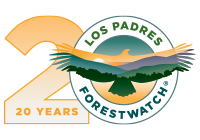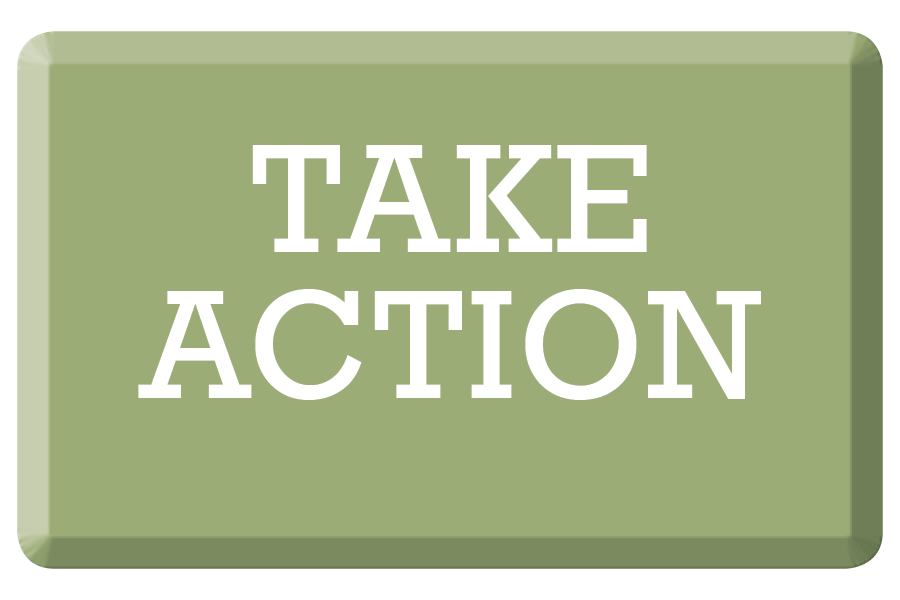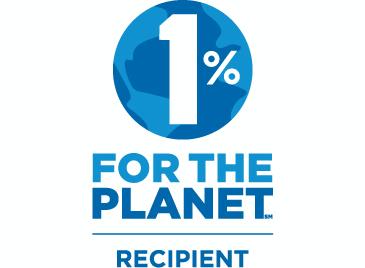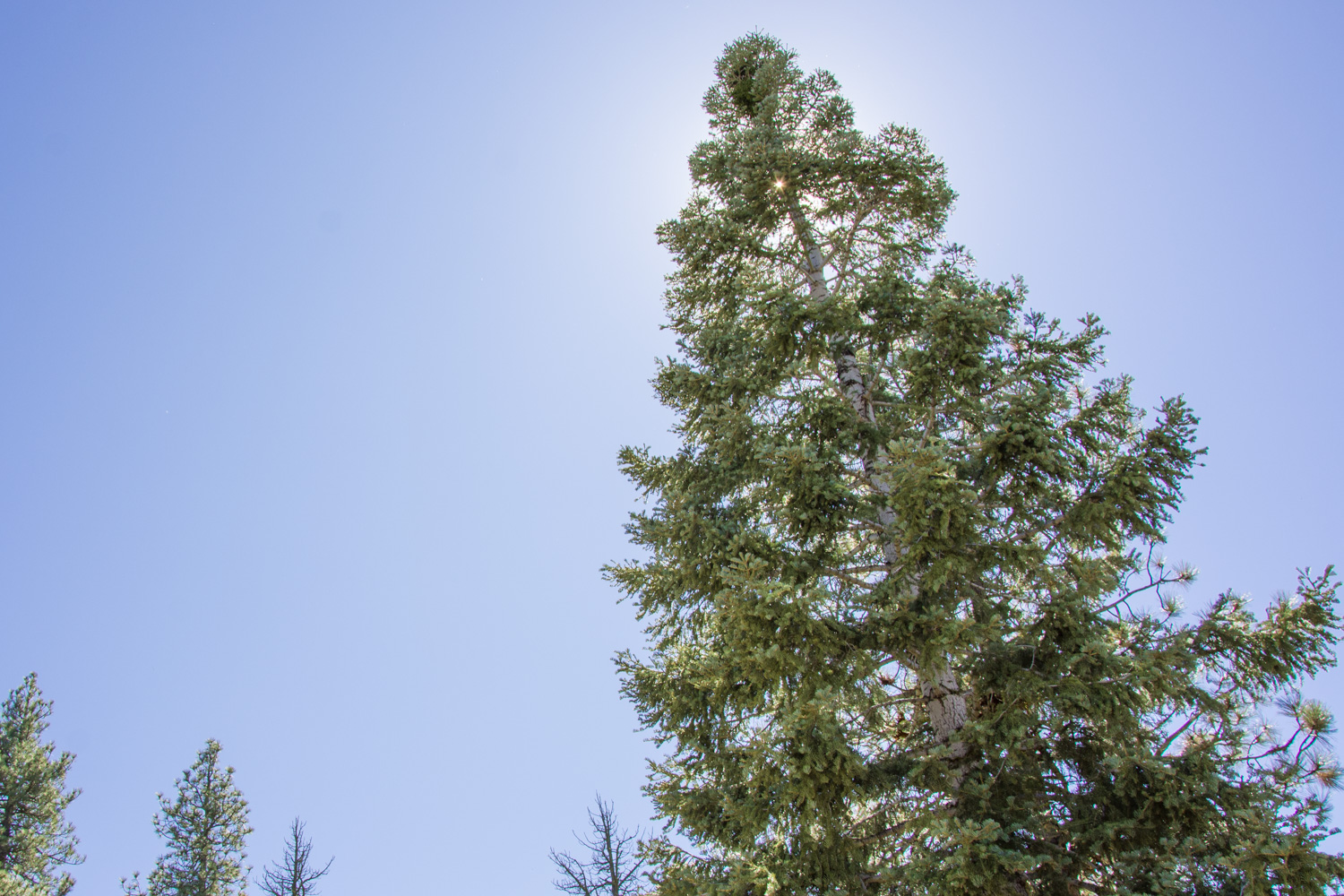Just days after communities across southern California suffered some of the most destructive wildfires in history, legislators in Washington D.C. used the tragedy to push legislation that unravels our nation’s bedrock environmental laws. This controversial bill—dubbed the “Fix Our Forests Act” will do more harm than good, yet it was approved on a 279-141 vote and now heads to the Senate. The only Congressional representative from our region to stand in firm opposition to the bill was Representative Julia Brownley. We are extremely grateful for her leadership and unwavering support in protecting public lands. Unfortunately, Rep. Carbajal, Rep. Lofgren, and Rep. Panetta joined the Republican majority in supporting this bill under the false premise that it would address hurricane force wind driven wildfires. The Fix Our Forests Act bypasses critical bedrock environmental laws, restricts scientific input and public engagement, and is widely opposed by the environmental community.

Rep. Huffman’s remarks on the House floor opposing the bill provided deep insight into the lack of community preparedness for these inventible wildfire events. The Community Protection and Wildfire Resilience Act, sponsored by Rep. Jared Huffman (D-CA-02) and Jay Obernolte (R-CA) (Introduced 1/21/2025), provides much-needed assistance to communities. This bill empowers communities to implement science-based methods for mitigating wildfire damage and allocates funding to develop and implement new Community Protection and Wildfire Resilience Plans in collaboration with community members, first responders, and relevant state agencies. You can read more about this bill here.
Most supporters of the bill came from the logging industry, agriculture and rural landowners, and energy companies. These included organizations such as the American Loggers Council, American Forest and Paper Association, American Forest Foundation, American Forest Resource Council, and American Forests, to name a few.
ForestWatch along with the John Muir Project and Wild Heritage took the lead in drafting an NGO Letter Against H.R. 471, ‘Fix Our Forests’ Act directed at Members of Congress and President Trump. We also joined a larger coalition letter led by the Sierra Club, which circulated among House members prior to the vote.
Takeaways & Lessons Learned
The optics of the LA fires played a crucial role in swaying California Democratic representatives to vote yes. Additionally, sections of the bill related to firefighter support were viewed favorably.
At the end of the day, elected offices wanted to take some kind of action to try to address wildfires. However, it is unfortunate that Republican offices used the opportunistic timing of the LA fires to rush the bill to the House floor. This reactionary legislation does little to directly address community wildfire protection. We will continue to meet with Senate members to educate them on fire ecology, promote better forest management practices, and emphasize that this bill will not solve the challenges posed by high wind driven wildfires.
The main takeaway is that if elected offices truly want to protect communities, they should focus on real solutions—such as Rep. Huffman’s, Community Protection and Wildfire Resilience Act which prioritizes effective, science-based wildfire mitigation strategies working from the community outward.







Comments are closed.